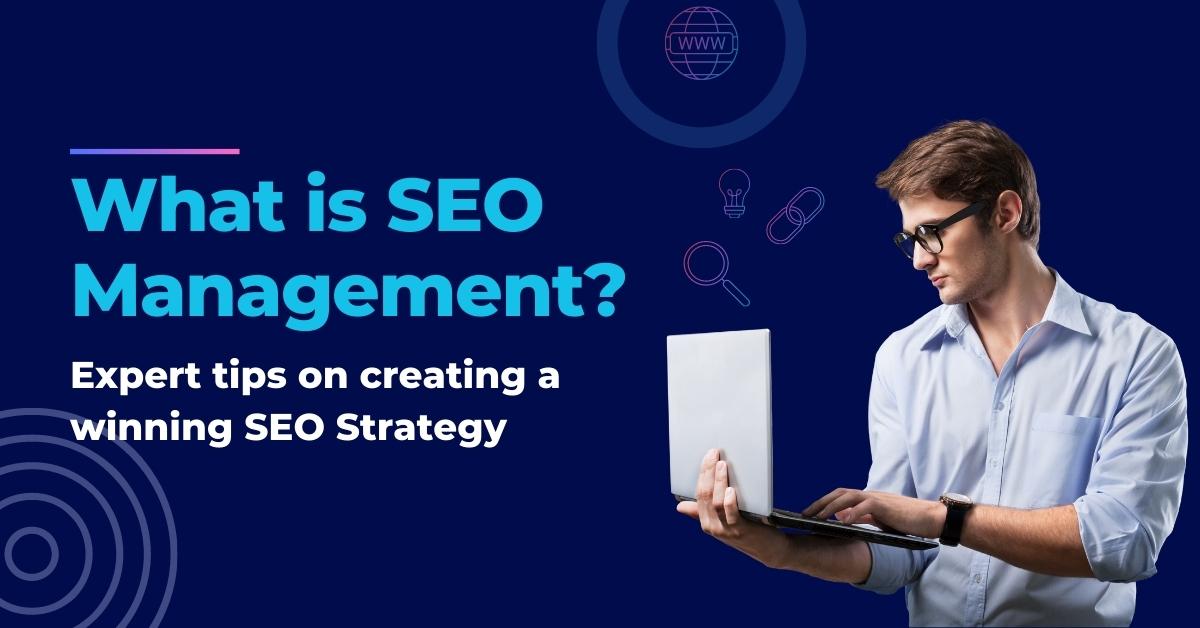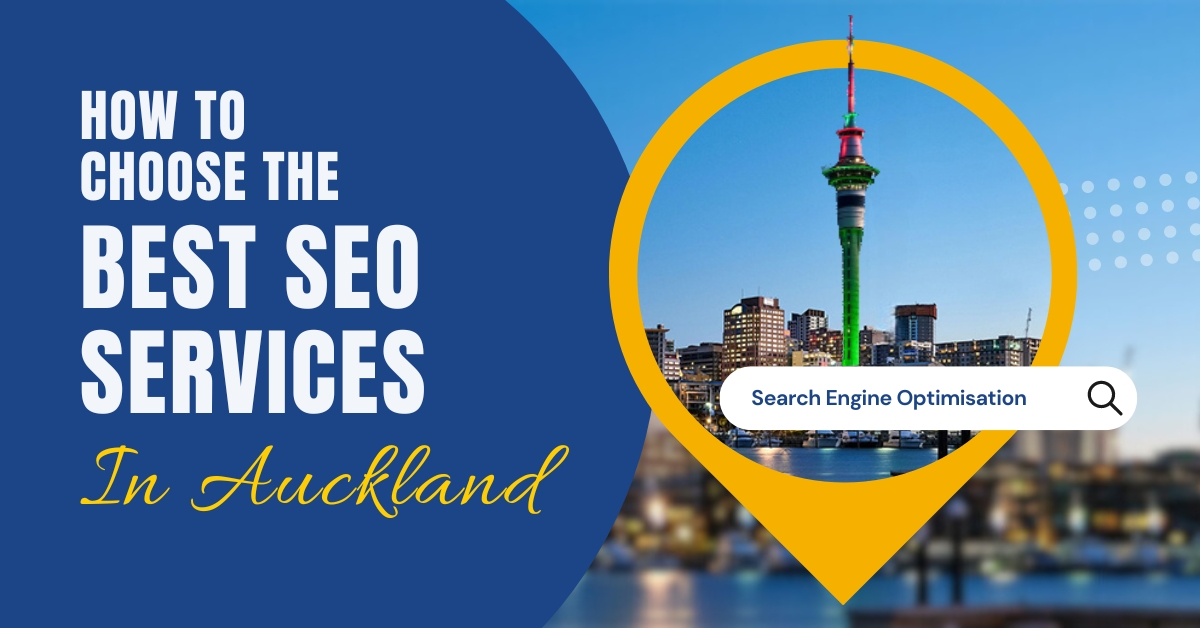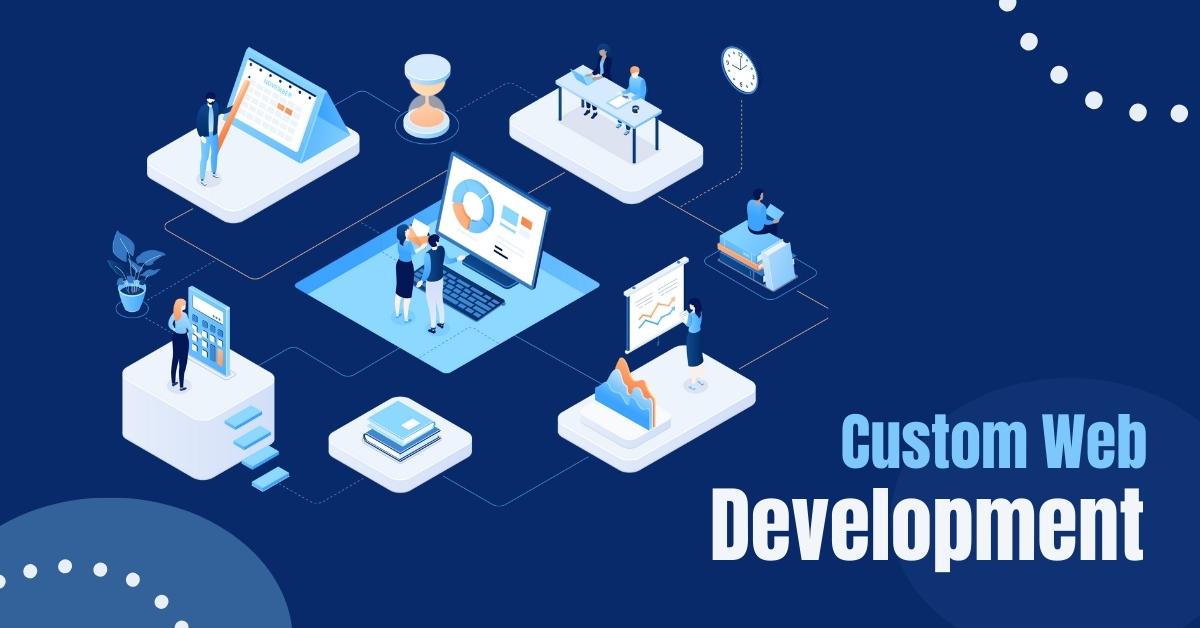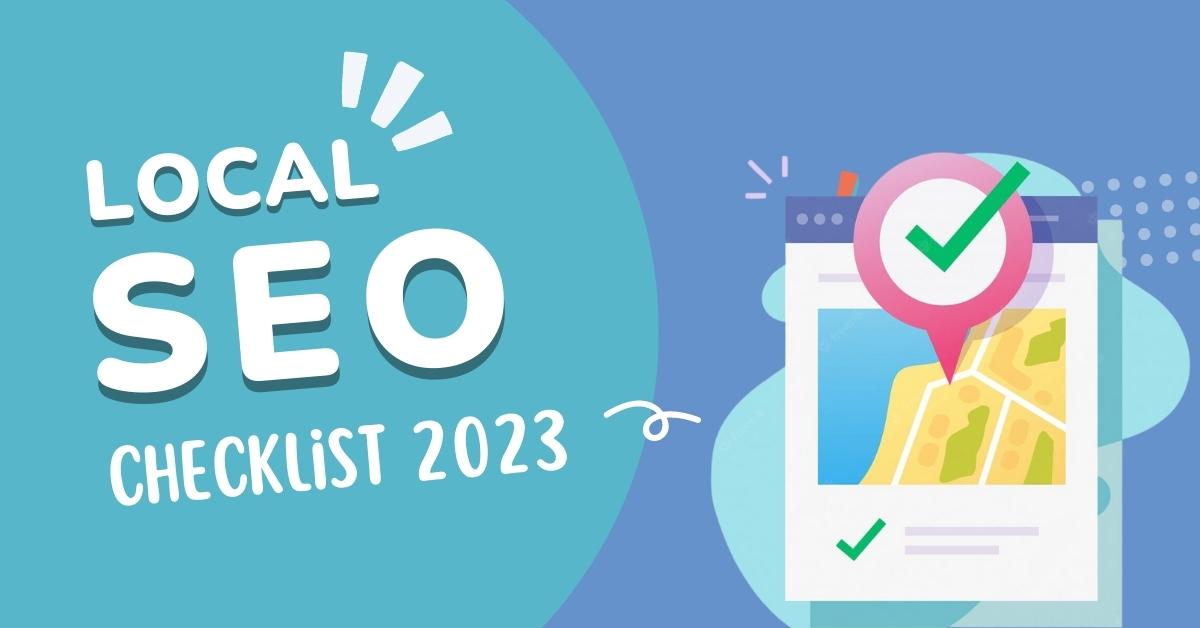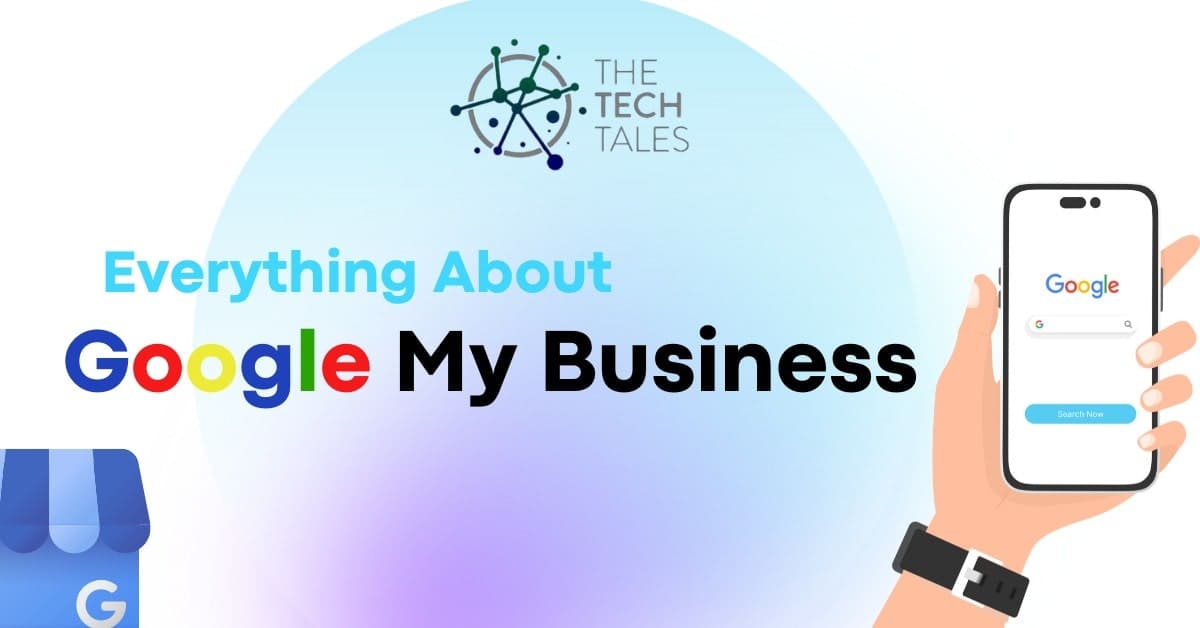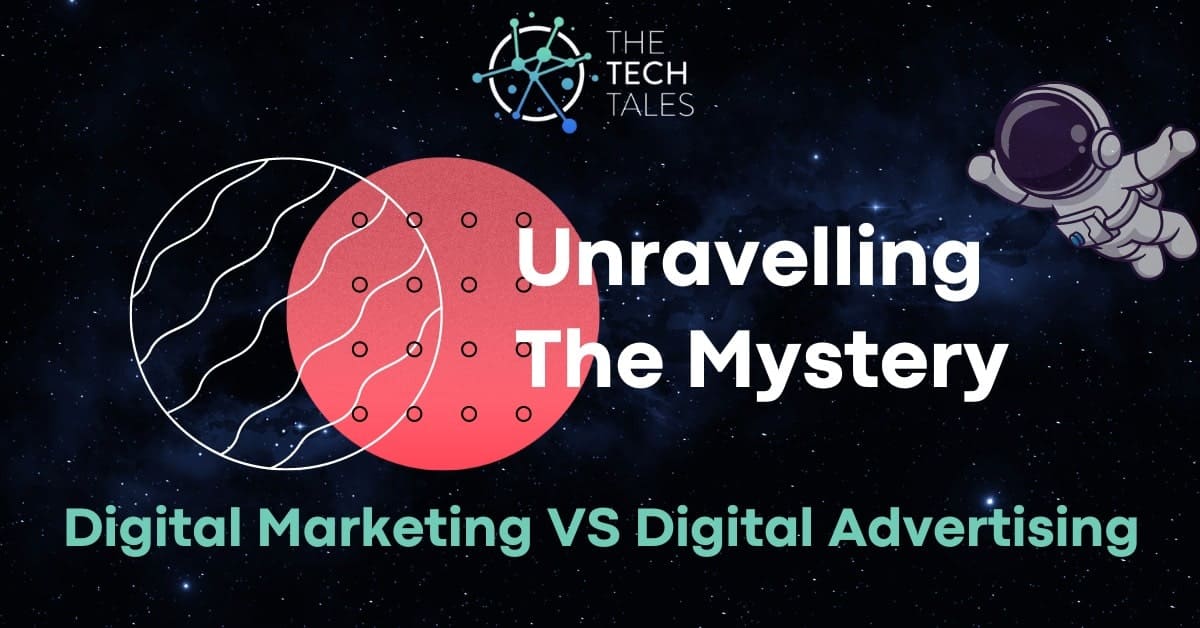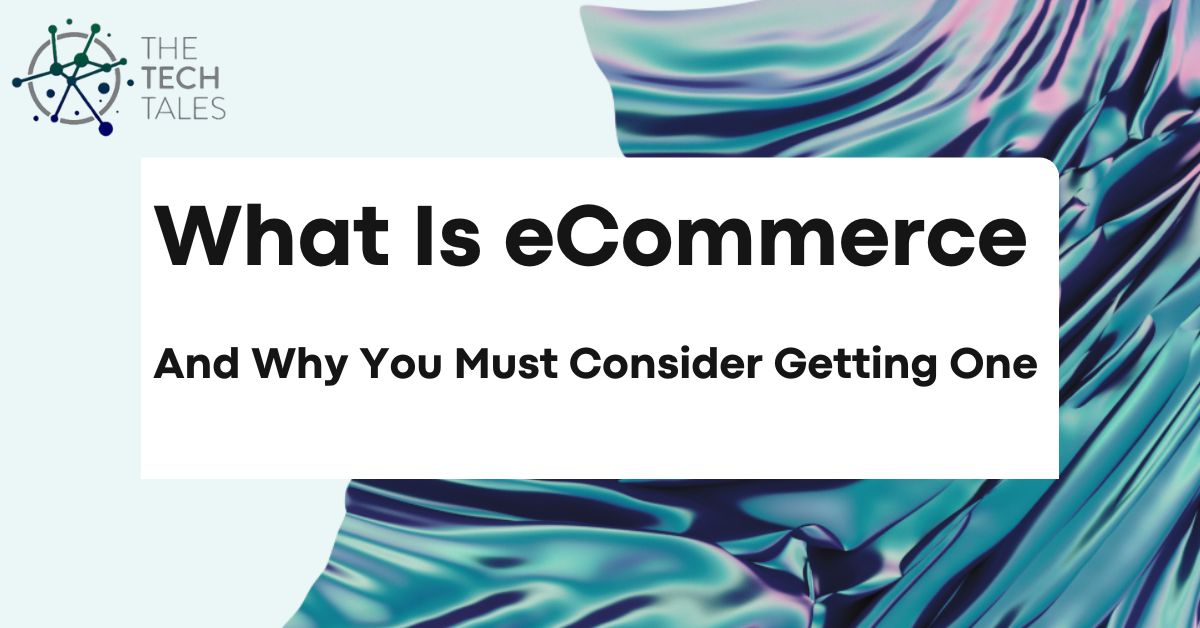Blogs
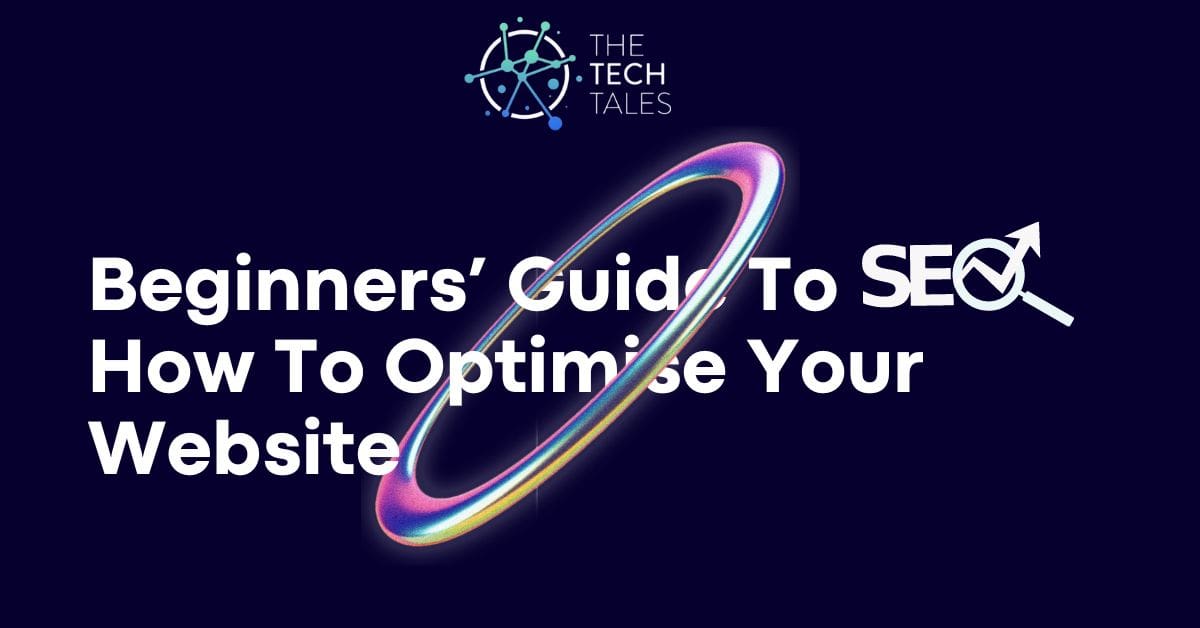
Getting a website made means you are ready to be found online. It creates a sense of accomplishment, and you start expecting things to align with your business goals.
You can pride yourself on the fact that you have your own website, and if you made it much before your competitors, chances are you’re doing it right. But it is just the beginning.
Website development is not the end of your digital marketing strategy, and it must be complemented with SEO.
If you are just starting out with SEO (hence why you landed on this blog), we know how you feel. Search Engine Optimisation may sound easy, but it is what leaves marketers flustered every time. With the internet bombarding us with a load of knowledge on SEO, it may seem more complicated than it already is.
Before onboarding a team of SEO professionals or not being sure how to move forward, consider these following tips –
SEO for Beginners: 10 Steps to Optimising Your Website
Did you know that search accounts for around 64% of organic traffic? Only around 10% of traffic originates from social media. To create an effective digital marketing plan, you must first understand search engines.
An Introduction to SEO
Do you recall the times you went to Google to search for anything? You might have lost count. From minor queries to life-changing decisions. Google is probably the most knowledgeable entity out there that we trust.
But in the end, Google mimics human behaviour to serve our best interests. Want to find a bakery near you that serves delicious donuts? You’ll notice one thing – Google only suggests those bakeries that are highly lauded by their previous customers. Smart, isn’t it?
Since a plethora of businesses have come online, Google had to do something – so now it only shows the relevant ones. How? SEO is the answer.
Google aims to make it easier for the user to navigate the web. Hence, there are a set of “rules” that are amended from time to time. A website that doesn’t follow these rules doesn’t make it to Google’s first page.
So, a search engine like Google indexes web pages (unless otherwise specified). When you launch a website, search engine bots crawl it to comprehend the information it contains and index it so that it shows up in related search results.
Search engine bots interpret contextualised information on your website (text, structure, and non-text material) and index it based on several characteristics, such as relevancy and authority.
This is where SEO comes into the picture. It is the process of optimising your website for search engines to recognise relevance and rank it correctly.
Let’s get one thing straight regarding SEO:
Search engines index pages, not entire websites. This means that your SEO efforts should be carried out page by page.
Why is SEO important?
Try to search for your products and services on Google. Does your website show up? Or do you see your competitor after you hit Enter? Yes, this is why SEO is important.
Have you ever gone to the second or third page of results? Probably not, and if so, not very frequently.
This example demonstrates the significance of Search Engine Optimization. Optimising your pages for search engines improves your total search ranking.
Your objective is to appear on the first page (or, better yet, within the first few results) of the search that your consumers do so that you may observe a spike in traffic to your site.
How to Perform SEO on a Website
Let’s have a look at 10 crucial SEO ideas for beginners that you can implement right now to boost your website.
1. Conduct keyword research and use appropriate phrases
Keywords are very crucial in SEO.
A keyword is the core topic of your post and is what allows readers to locate your content when they conduct an online search for a topic of interest. It is simply what individuals would put into a search engine while looking for anything.
This is why you must ensure that your term matches the search intent of your target audience.
It may be a short keyword like ‘digital marketing’ or a long-tail term like ‘how to construct a strong digital advertising campaign’.
Short-tail keywords are more likely to be searched for. As a result, they may be more difficult to rank for.
On the other hand, long-tail keywords have a smaller search volume, but they are more specialized.
The advantage is that you may target a specific audience that is interested in that. It’s better to use a combination of long-tail and short-tail keywords.
Furthermore, the search volume and ranking difficulty of the targeted term should be considered.
The search volume reflects how frequently people look for this certain term.
A larger search volume indicates that this topic is more popular. In contrast, the rank difficulty reflects how tough it will be to rank in search engine results.
Keywords are important, but they are not the sole factor in website optimization. To increase traffic, you must concentrate on other crucial factors.
2. Sprinkle keywords all throughout your page.
Each page or blog post contains a unique set of keywords. ‘SEO for Beginners’ is the keyword for this post. That’s most likely the search term that led you here!
Your chosen keywords should ideally be in the:
- The post’s title
- The web address
- The post’s first and last paragraphs
- Throughout the post, naturally in the wording
- The picture tags that were utilised
- Put them in as long as they don’t disturb the flow of the piece! Just be wary of “keyword stuffing,” which we’ll go over in more detail later in this piece.
3. Incorporate SEO into Permalinks
A permalink is the URL that appears when you visit a website.
Permalinks reveal a lot about your website’s general structure; they shouldn’t be too long and should clearly define what the pages are about – for both the reader and the bot crawling your page.
As previously said, search engine bots crawl all of the pages on your site in order to completely comprehend the topic of your site and appropriately index them.
In your URL, use terms that are obvious and relevant. For example, if you run an online bookstore, use permalinks to show visitors what they’re looking at and to help contextualise the whole material.
It aids Search Engine Optimization by making the hierarchy visible to search engines.
Since permalinks are always there, it is important to choose the right ones for your sites. It is not recommended to use particular dates or information that is subject to change.
Why? Ideally, you will continue to update your page over time. Having a page that has been online for a long time helps with SEO. You don’t want to build pages that you’ll always remove.
Older pages do not rank simply because they have been published for a longer period of time.
Sites rank because they have demonstrated authority over time through generating traffic, link-building, and other means.
It is critical to be able to update your pages with new and relevant content, which necessitates the creation of a timeless URL structure.
Let’s imagine you publish an article on ‘Top 5 Marketing Advice for 2023’. This is a fantastic topic! However, in your permalink, leave out the year 2020. You may then edit the post and write about the ‘Top 5 Marketing Tips for 2023’.
The same regulation applies to pages dedicated to special holidays, such as Black Friday. It happens every year, and you should save this page for future reference.
4. Always Link your current content
If the article you’re working on is connected to one you’ve already published, link to it! It’s a good idea to provide links to other posts and pages on your website.
This improves the user experience by assisting the reader in discovering similar information and navigating to other pages on your site, as well as assisting bots in indexing and contextualising your websites.
5. Prioritise User-Targeted Content
High-quality content is all you can do to stand apart. Visitors are looking for information that can help them with their queries. However, everyone is writing content these days.
To ace in this, make sure that you keep your comprehensive and don’t miss out on any information crucial to the topic.
Thin-content with little to no value addition on the topic will not only rank but can also put you at a risk of ranking low among your competitors.
To write the relevant content for your website, you need to know how your audience perceives the topics you want to cover.
By providing unique approaches to a problem that no one has ever mentioned before or breaking down the most esoteric topics, you can earn visitor trust and start engaging them.
It’s also important to note that it’s not the 19th century anymore. Simplicity attracts more eyeballs than flattery; hence unnecessarily long content may not always guarantee the desired results.
As every business has a unique demographic (for example, baby care has new parents of the age 21-32), you must create content according to their attention spans.
So, writing anywhere between 600-1000 words can serve your purpose as well as complement SEO efforts.
With that being said, Backlinko.com says there is a relationship between word count and ranking, as well as between content depth and ranking.
Pro Tip: Don’t stuff your keywords all over your post in the hopes of getting a high keyword density. Attempting to trick the Google Algorithm by overloading your content with keywords counts as Black-Hat SEO and can get your website penalised.
6. Optimise your image quality
It’s easy to skip on images while publishing a blog or a landing page.
However, images play a major role in your page loading speed, which could definitely tip off your SEO strategy.
With heavy files uploaded as images on your website, you can add to the loading speed and turn-off your visitors.
But why bother adding an image since it can reduce the loading speed? Well, imagine a long 2000-word article that you’re supposed to read for research. How boring would that be!
But with short breaks in between paragraphs and using relevant images, you can get the reader hooked to the article.
This also ensures that the readers are thoroughly reading the content, rather than skimming it.
Images can spruce up your content and making it more clear to readers. Properly optimised images can add visual appeal to your website and make it more readable.
As long as the images are compressed and still high-quality, it can work in your favour.
It’s also important to note that an image cannot be crawled; however, the image ALT-text, or image description, may be crawled and indexed.
If you use your term as the Image ALT-Text, Google will index it for that exact keyword.
Pro Tip: Have you ever paid attention to the images that display at the top of your search results? They are also an excellent way to direct visitors to your website and, as a result, suggest that your website and photographs are related to the search topic.
7. Page loading time
Your website’s page speed is critical for ranking, and Google has been using it as a ranking factor since 2018. People spend seconds on your site before deciding whether to explore it further or leave.
A website that loads quickly provides an excellent user experience. If your website takes too long to load, the lack of time consumers are ready to wait now will have major effects, resulting in a greater bounce rate. Although bounce rate is not a ranking factor in and of itself, it is closely related to page speed.
8. Don’t forget about mobile optimisation
Because people are increasingly using their mobile phones to access the internet, optimising your website for smart devices is a must.
If you don’t, you’ll have a high bounce rate since, let’s face it, no one wants to stay on a website that isn’t mobile-friendly.
Incorrect formatting can cause annoyances such as broken buttons or needing to scroll to the side to see the complete page.
A pleasant user experience encourages visitors to remain and explore your website, indicating that your page is relevant for the keyword you selected.
Indeed, mobile optimisation is so significant that Google has indicated that it will soon begin indexing web pages using a mobile-first approach.
9. Take care of your technical SEO
However, technical SEO extends beyond permalinks and keyword selection.
It is all about making your website responsive. This is an extremely sophisticated and technical issue that goes above and beyond what an SEO tutorial for beginners would cover.
Nonetheless, it’s worth mentioning it here.
Work with a technical SEO specialist as well as your team to determine the best website structure and design for your target demographic.
10. Keep your sites and information up to date.
You should do an SEO audit on a regular basis to keep your material up to date.
Especially since information and trends change so quickly, and you don’t want to be Google’s next target in penalising your search rankings for having outdated information.
Examine older pages and sites, evaluating the content and ensuring that everything is properly optimised. If your content no longer serves the purpose and is not properly optimised, it will most likely hurt your ranking.
Conclusion
SEO is a never-ending process, but with time and practice, you will benefit from an SEO for beginners guide to a more advanced position.
One of the easiest approaches to increasing your search engine ranking is to create relevant pieces on your blog on a regular basis (new material). Once you’ve created fantastic content, advertise it to attract a larger audience.
You may do it naturally by sharing them on social media and through a newsletter. Alternatively, sponsored advertising (PPC). Both are crucial to your marketing plan and should be completed at some point. You may also want to work on your Local SEO, which we will discuss later.
An organic approach allows you to establish a long-term communication flow with your consumers. Paid advertising allows you to present your content to the relevant people and generate traffic to your website more quickly, which benefits your SEO performance.
SEO is critical for boosting traffic to your website and allowing new people to find your company. With this SEO advice for beginners, you can increase your customer base!
Looking for expert SEO services? The Tech Tales is a digital marketing agency in Auckland that is here to help. We have our in-house SEO professionals with more than 7 years of experience, who have worked for 30+ verticals.
Sort By Categories
Blogs By Title
-
Google Search Generative Experience Displays Local Store InventoryGoogle Search Console Enhances User Experience with INP Core Web Vitals Identification
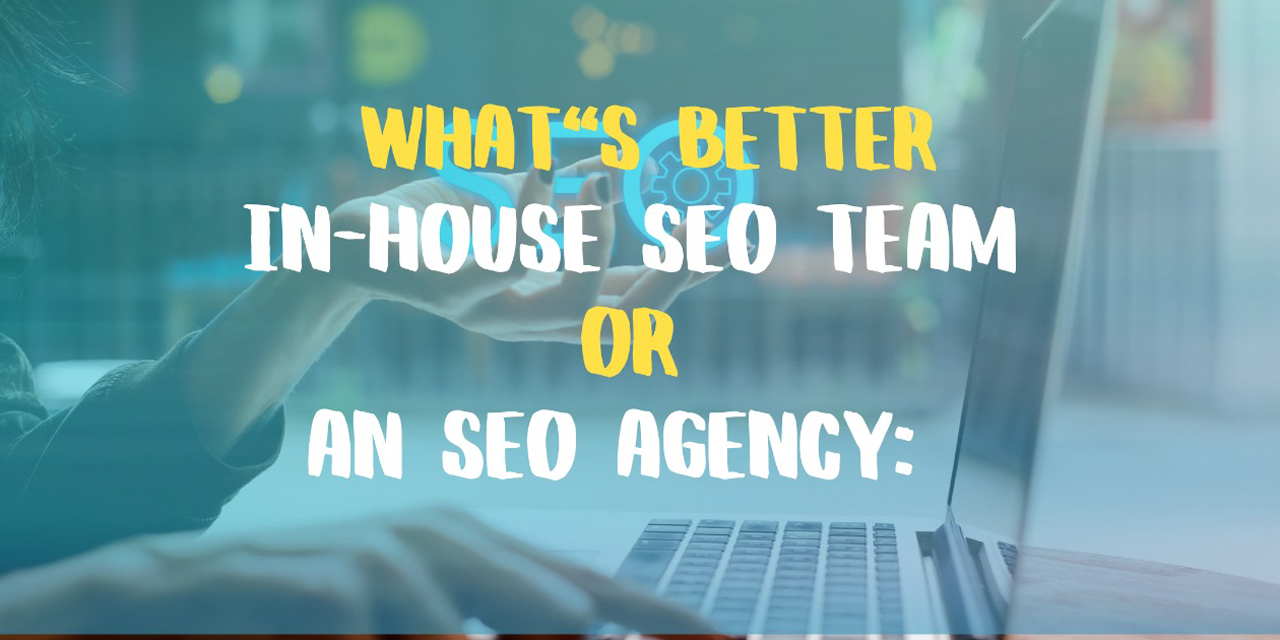 In-House SEO Team or an SEO Agency: What’s Better
In-House SEO Team or an SEO Agency: What’s Better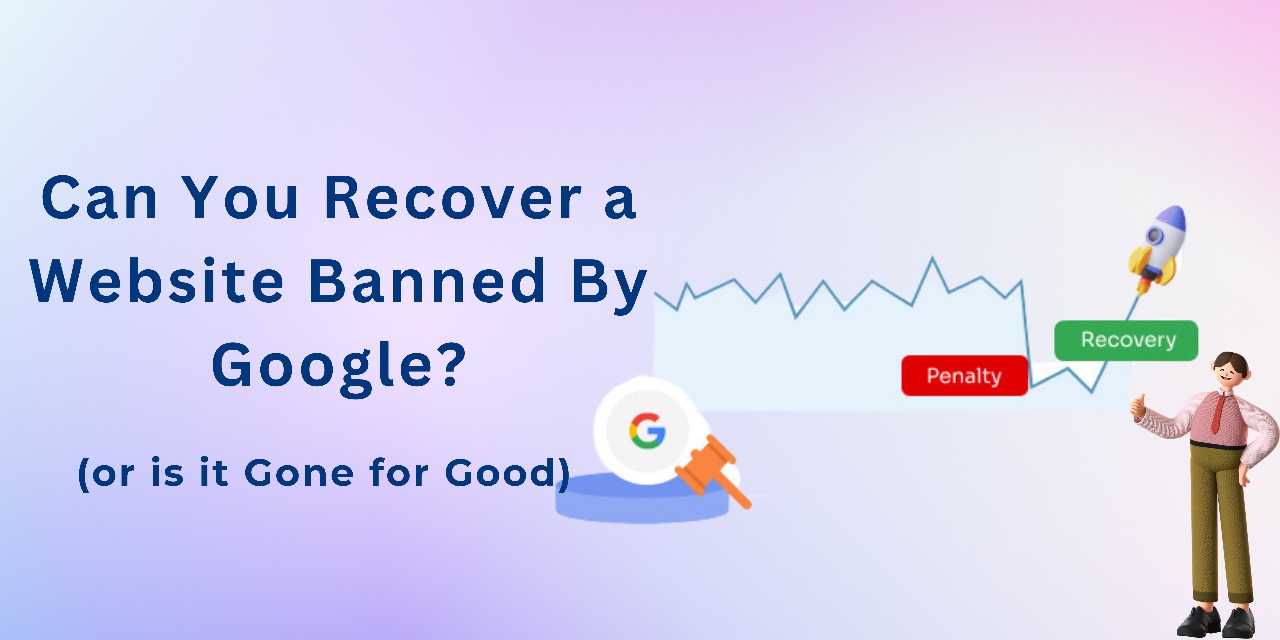 Can You Recover a Website Banned By Google? (or is it Gone for Good)
Can You Recover a Website Banned By Google? (or is it Gone for Good)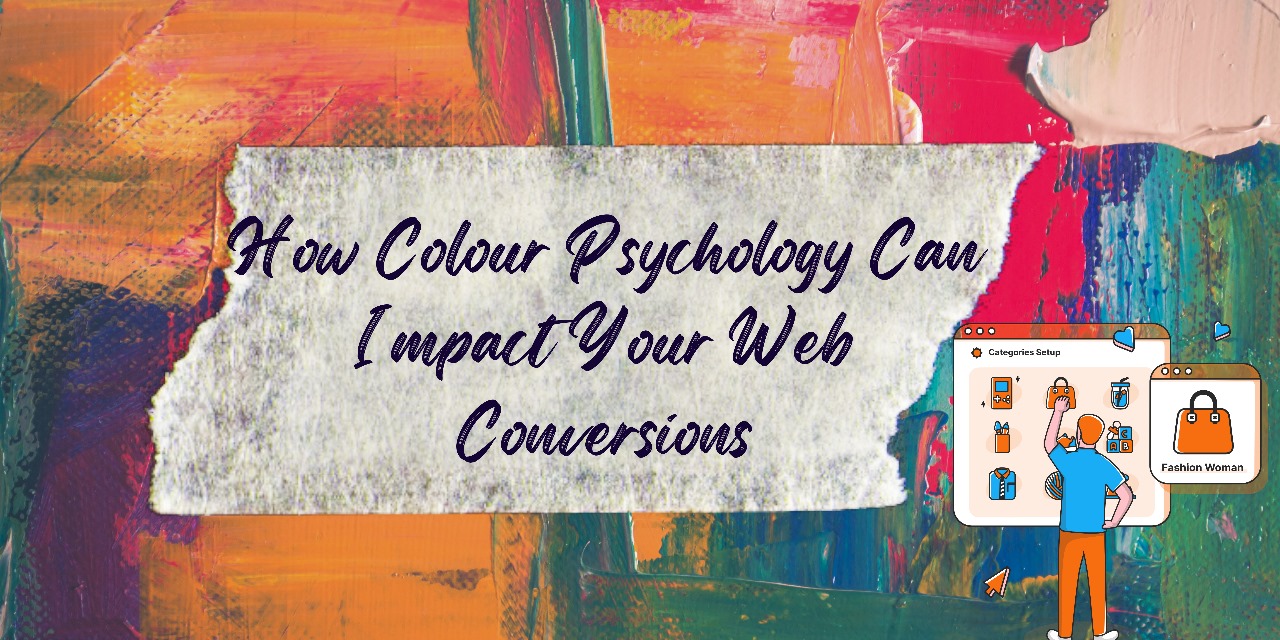 How Colour Psychology Can Impact Your Web Conversions
How Colour Psychology Can Impact Your Web Conversions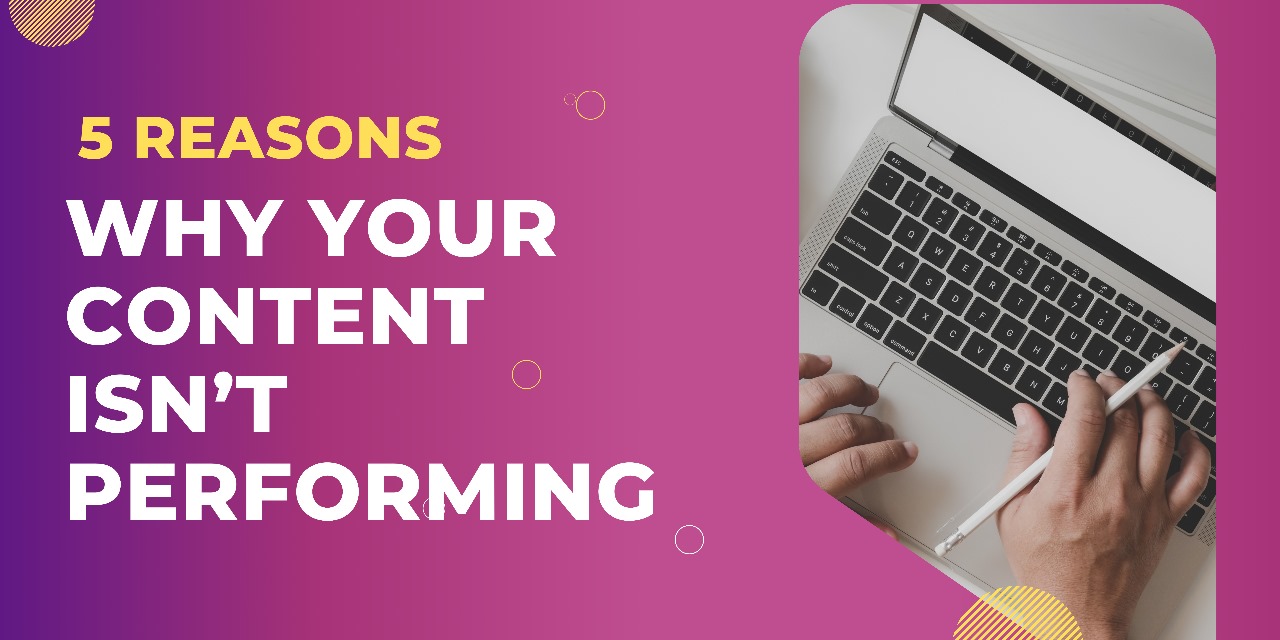 5 Reasons Why Your Content Isn’t Performing
5 Reasons Why Your Content Isn’t Performing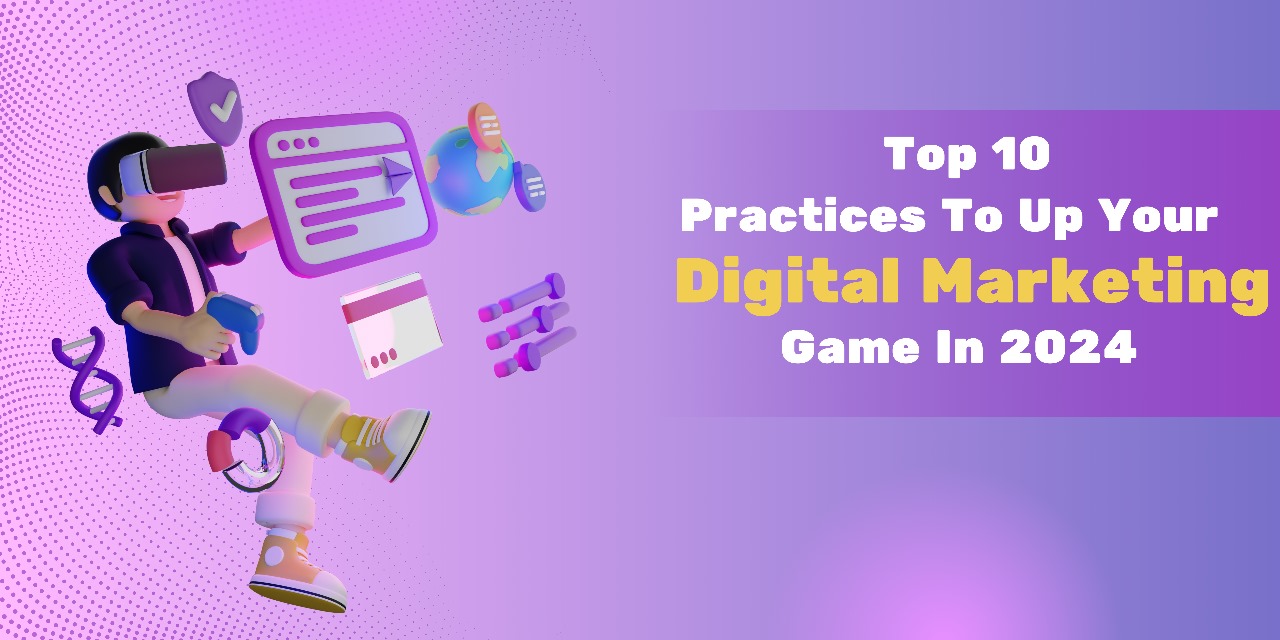 Top 10 Practices To Up Your Digital Marketing Game In 2024
Top 10 Practices To Up Your Digital Marketing Game In 2024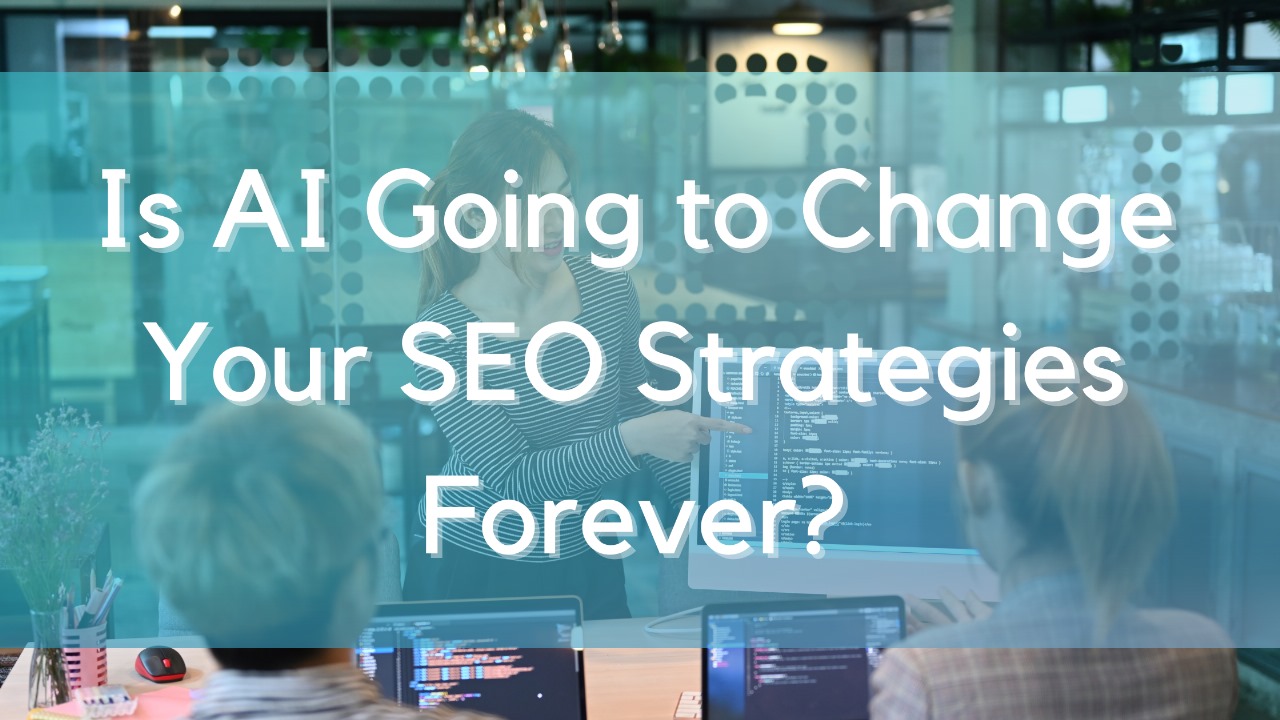 Is AI Going to Change Your SEO Strategies Forever?
Is AI Going to Change Your SEO Strategies Forever?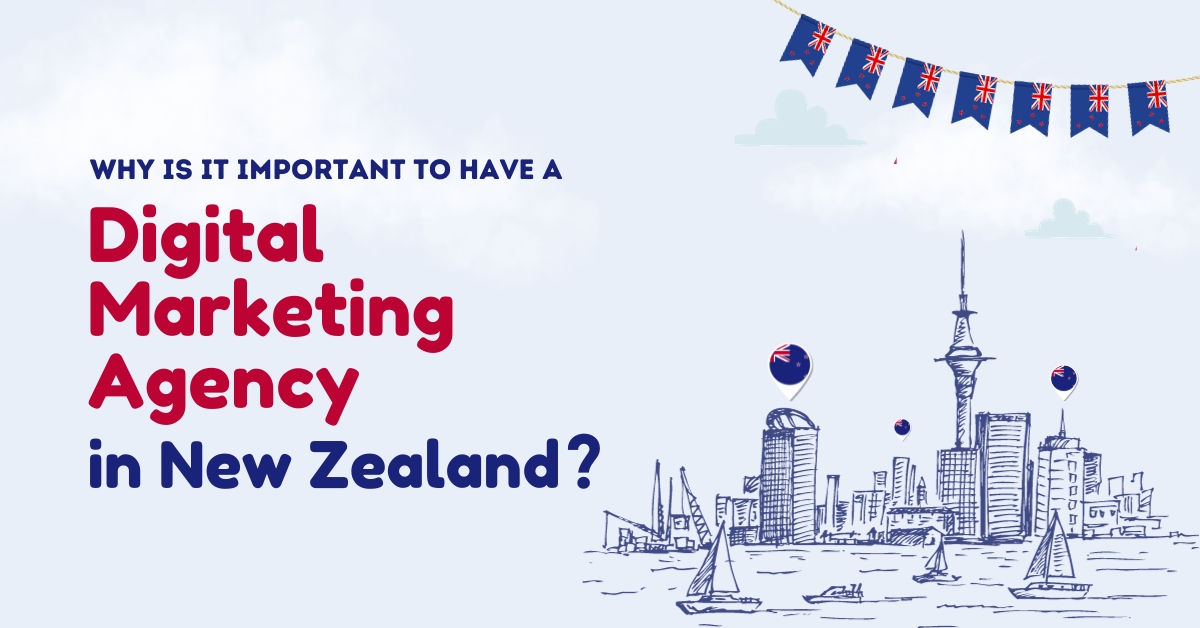 Why Is It Important To Have A Digital marketing agency in NZ?
Why Is It Important To Have A Digital marketing agency in NZ? How To Pick The Best Web Design Company In New Zealand
How To Pick The Best Web Design Company In New Zealand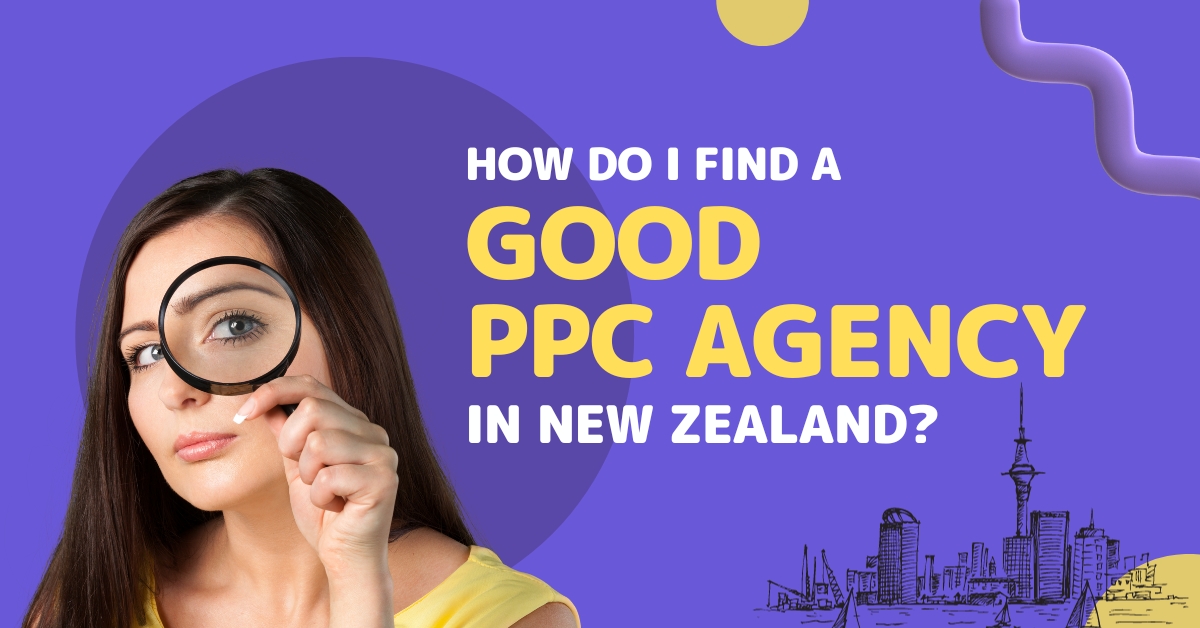 How Do I Find A Good PPC Agency In New Zealand?
How Do I Find A Good PPC Agency In New Zealand?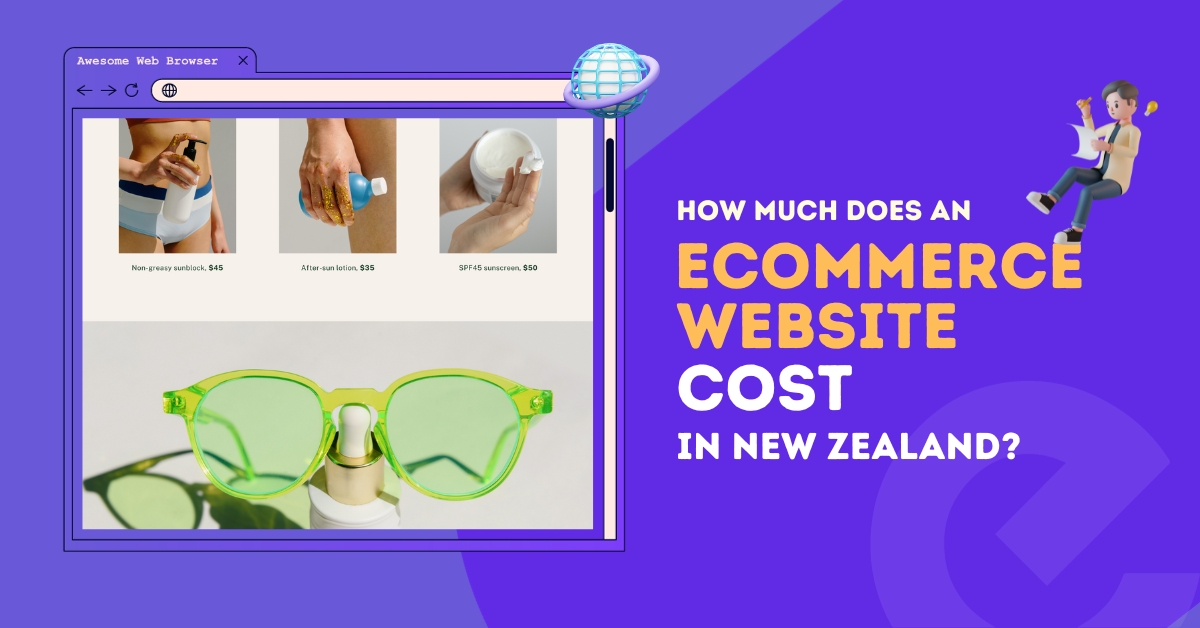 How Much Does An E-Commerce Website Cost In New Zealand?
How Much Does An E-Commerce Website Cost In New Zealand? Why Make Your Website SEO Friendly?
Why Make Your Website SEO Friendly?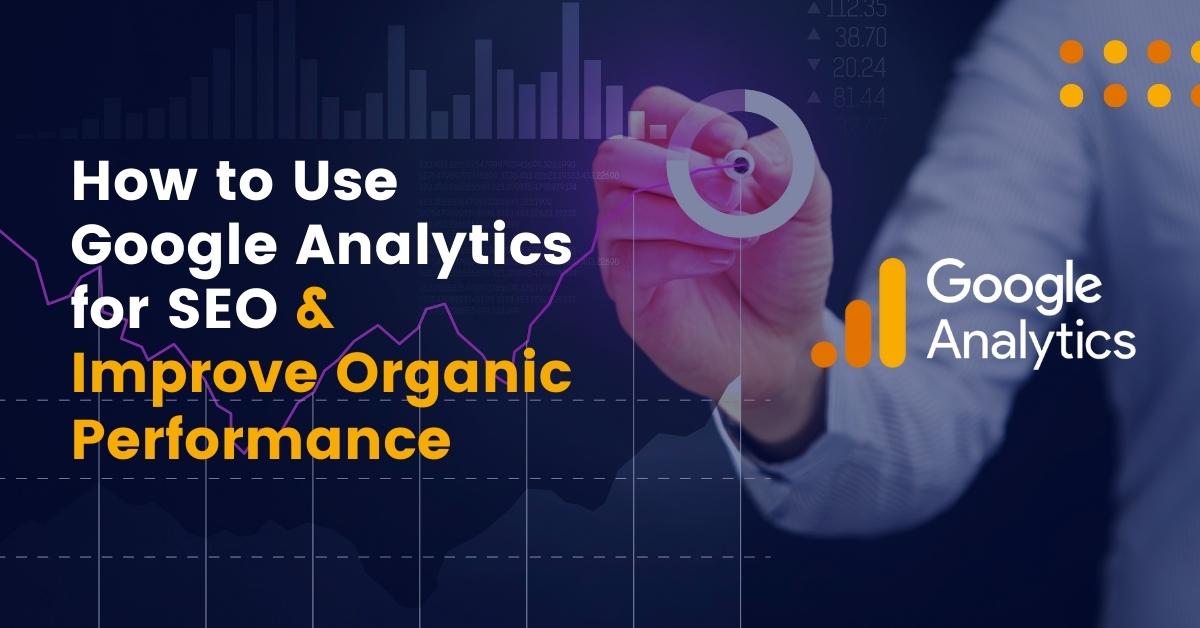 How to Use Google Analytics 4 for SEO & Improve Organic Performance
How to Use Google Analytics 4 for SEO & Improve Organic Performance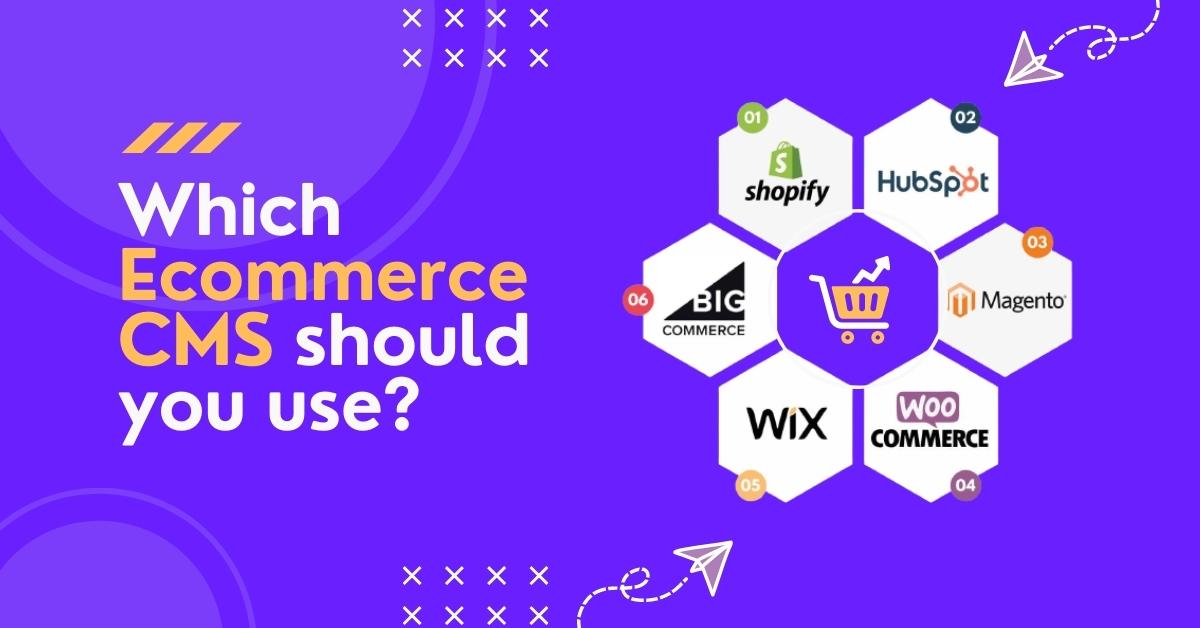 Which Ecommerce CMS should you use ?
Which Ecommerce CMS should you use ?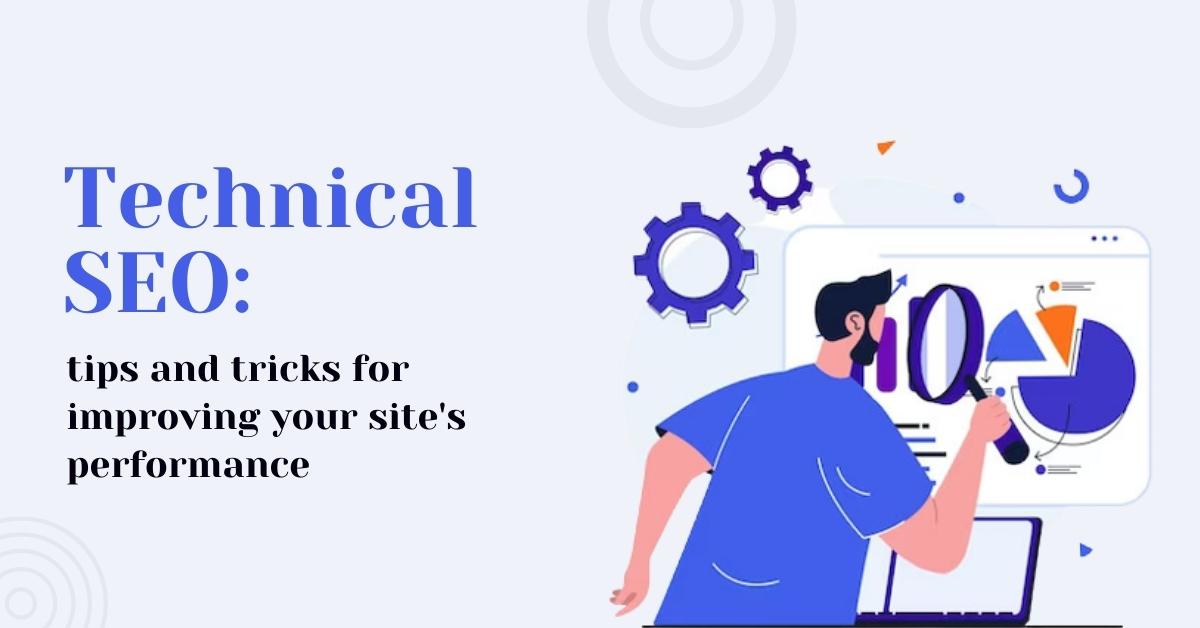 Technical SEO: Tips and Tricks for Improving Your Site’s Performance
Technical SEO: Tips and Tricks for Improving Your Site’s Performance